Thanks to an invitation from my TEDx friend and colleague Dr. Mariappan “Jawa” Jawaharlal, Professor of Mechanical Engineering here at Cal Poly Pomona (CPP), I’ve been asked to make a presentation during a session he is hosting on Engineering Education for the AAAS (American Asso. for Advancement of Science) during their Pacific regional conference being held on the CPP campus on June 14th.

I’ll have a chance to tell an international crowd of engineering and science professors about other models of education beyond lecturing and standardized testing.The presentation will offer definitions and examples of ways to use well studied pedagogies such as flipping the classroom, Socratic seminars and hands-on exercises. By practicing creativity and highlighting the relevance of each lesson presented, students own much more of the information than when relying only on lectures and test-based assessments.
Flipped Classroom Pedagogy
ROSANNE WELCH (MFA in Screenwriting Program, Stephens College and Interdisciplinary General Education Department, Cal Poly Pomona)
Based on my nearly 20 years of working to advance creativity in college classrooms both among students and faculty, this presentation will focus on the pedagogy of the flipped classroom and how that particularly suits science and engineering students in classes outside their discipline – and inside it as well. The presentation will offer definitions and examples of ways to use well studied pedagogies such as flipping the classroom, Socratic seminars and on hands on exercises. By practicing creativity and highlighting the relevance of each lesson presented, students own much more of the information than when relying on lectures and test-based assessments. That is not to say those do not play a part in these pedagogies, but they are not the only way to educate millennials.
I met Dr. Jawa when both of us gave TEDxCPP presentations in 2016. Here’s a link to my talk from that night:
And here’s a link to his (which happened to be on Becoming a Bette Teacher – which is what started a conversation that has continued across both years and resulted in his visiting my classes as a guest speaker and my being asked to present at his conference):
This will be a fun new presentation to put together – before I begin the planning for the session I’ll be presenting in Milan for the next Screenwriting Research Network conference (that one will be on how and why I created my History of Screenwriting course – so stay tuned for more info on that one as well!).
Here’s the link to the bios of the other AAAS panel participants.

![12 LGBTQ Representation and Doctor Who from Gender Diversity in the Who-niverse [Video] (0:52)](https://rosannewelch.com/wp-content/uploads/2018/05/gender-dw-12-lgbtq.jpeg)
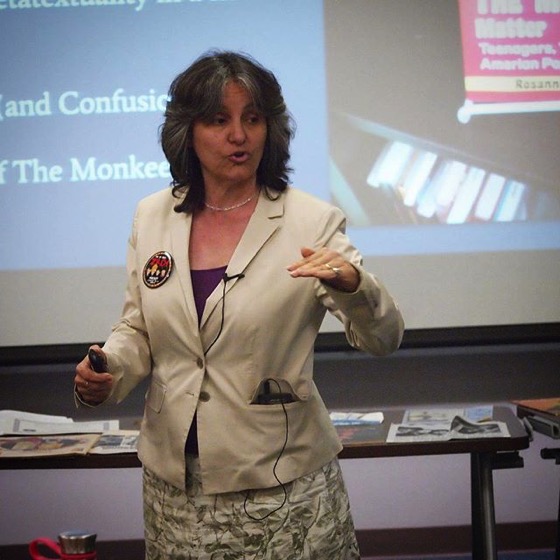

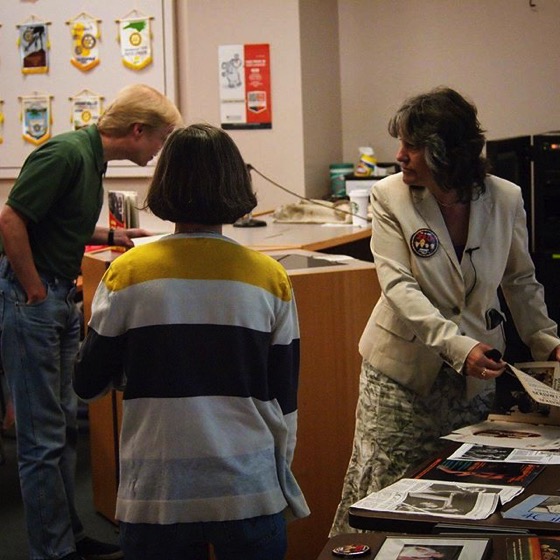
![How The Monkees Changed Television with Rosanne Welch, PhD (Complete Presentation and Q&A) [Video] (45:06)](https://rosannewelch.com/wp-content/uploads/2018/05/How-The-Monkees-Changed-Television-1.png)

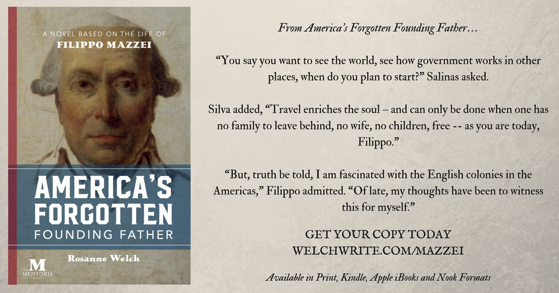
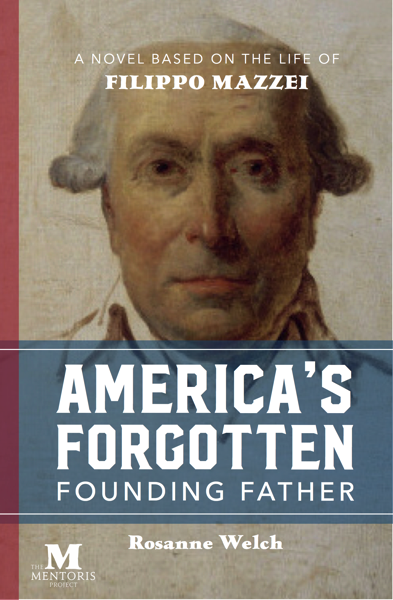
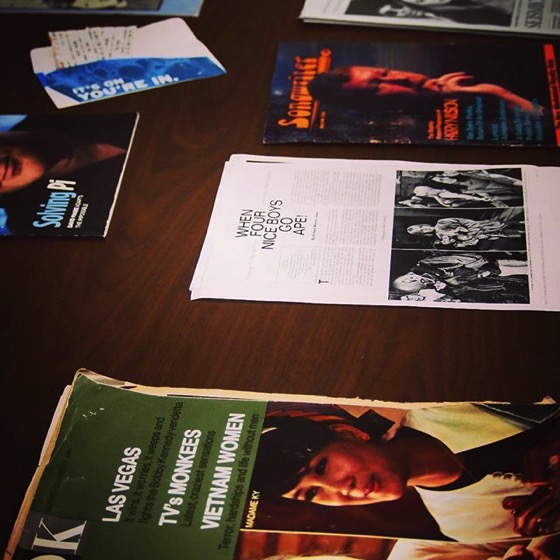

 and Follow
and Follow![11 Torchwood and Doctor Who from Gender Diversity in the Who-niverse [Video] (0:44)](https://rosannewelch.com/wp-content/uploads/2018/05/gender-dw-11-torchwood.jpeg)
